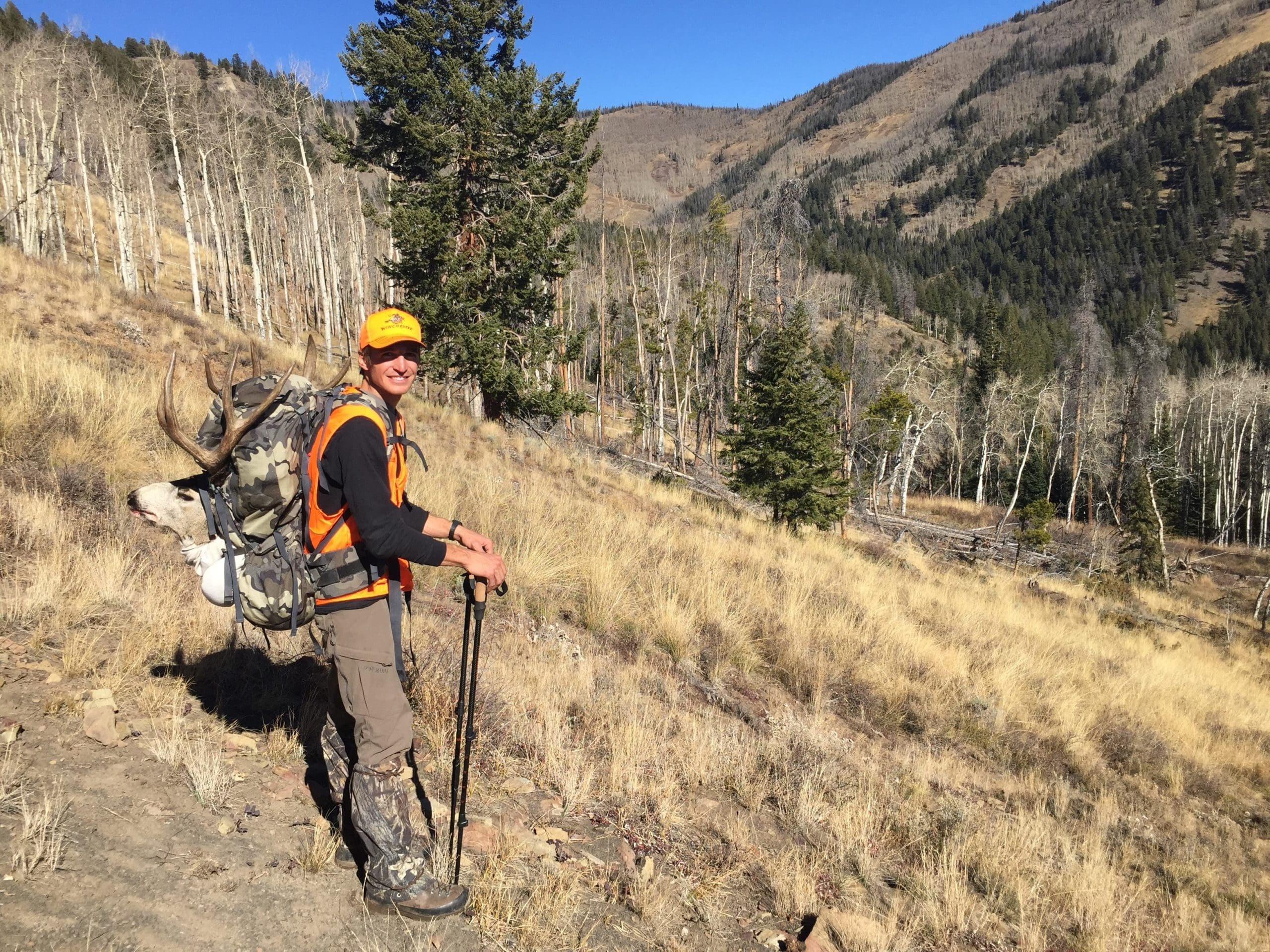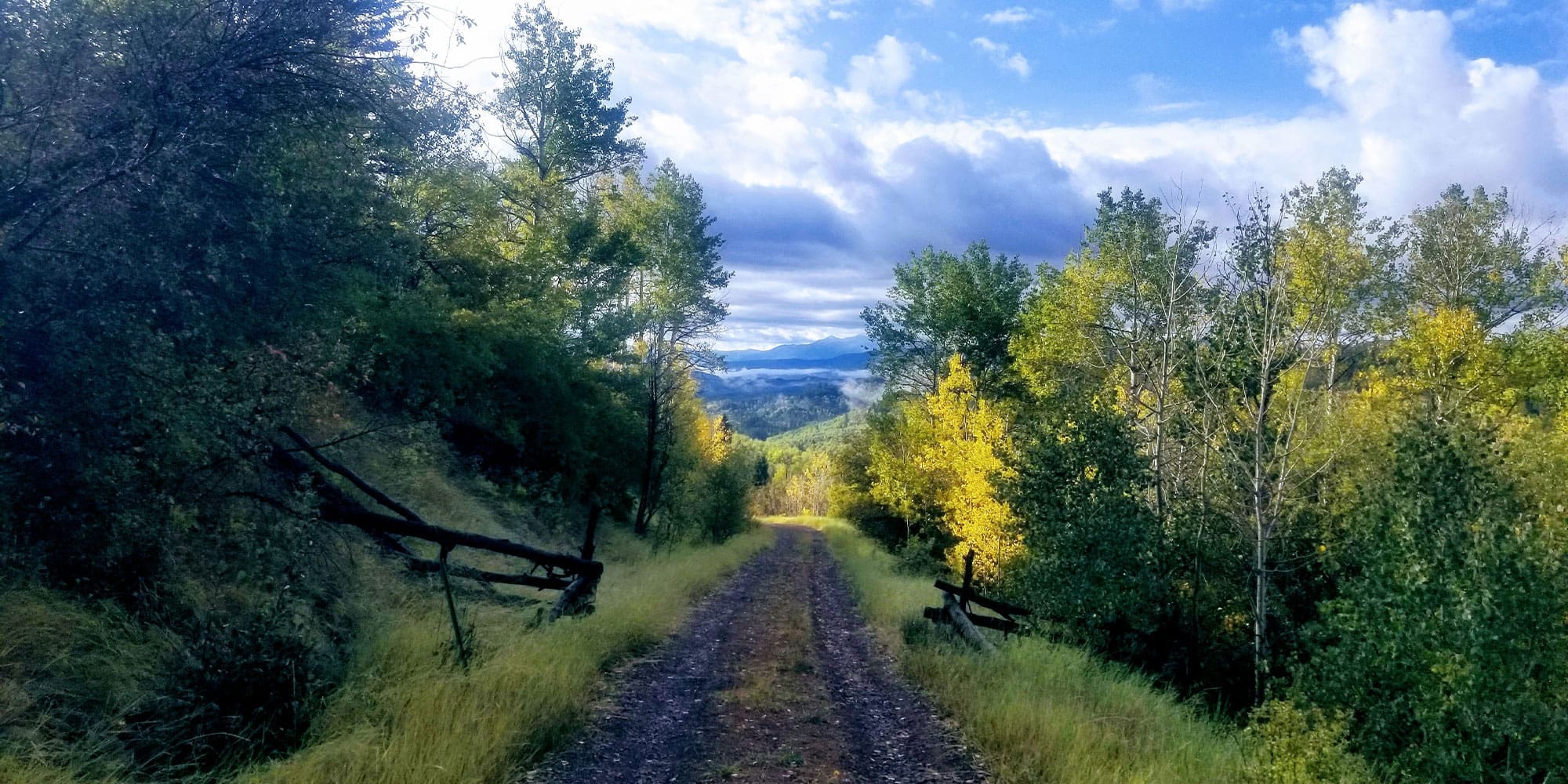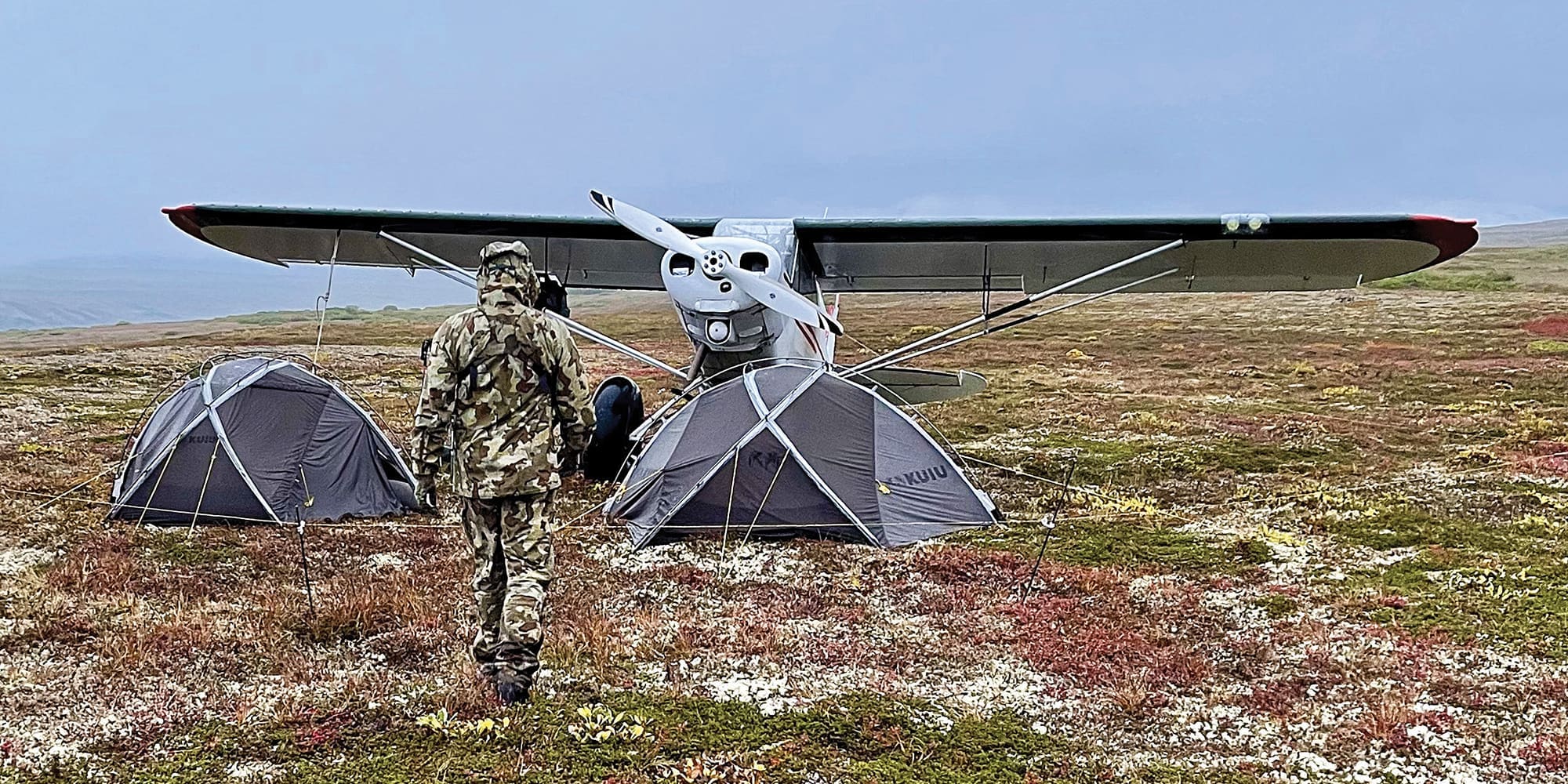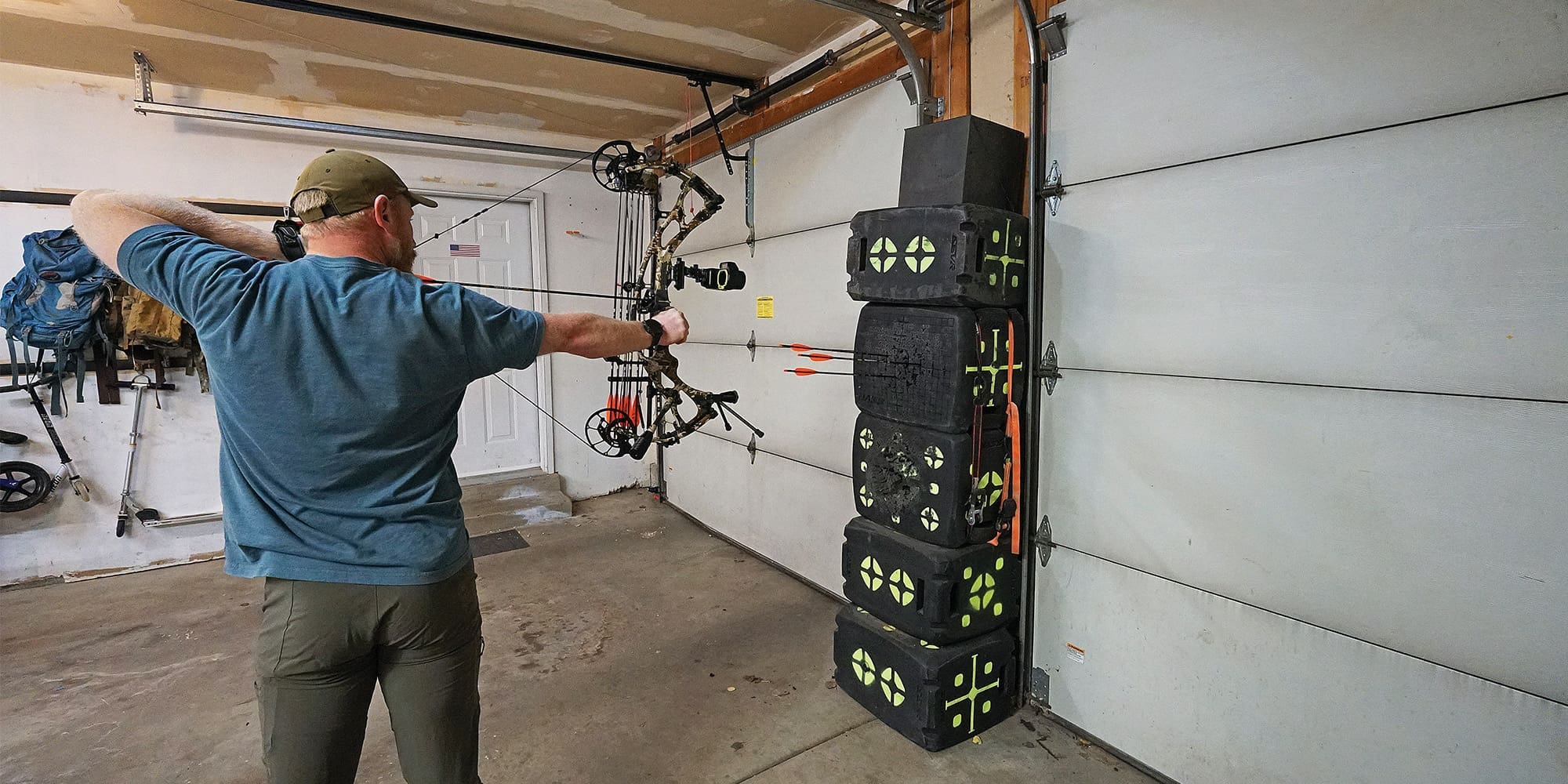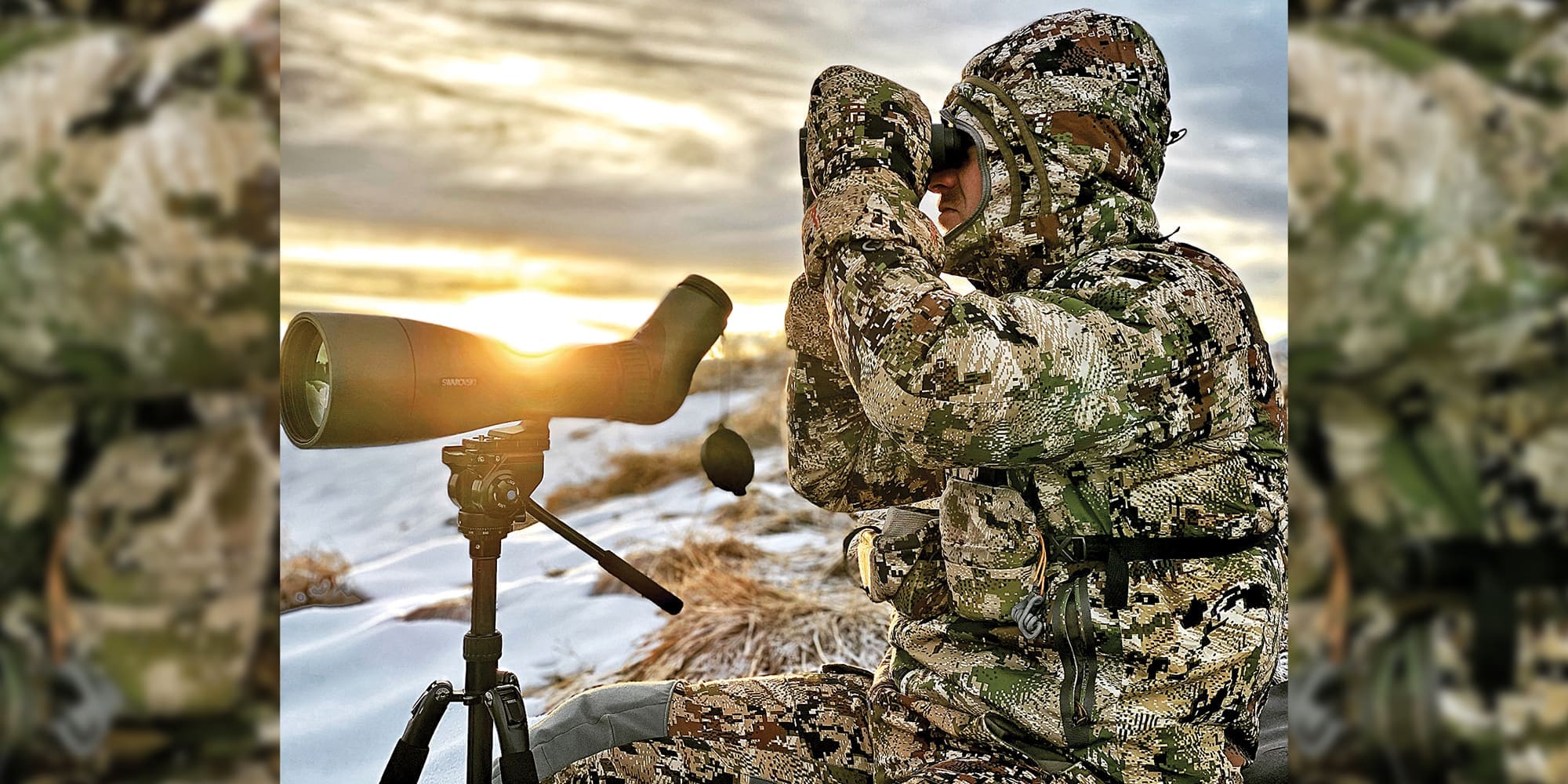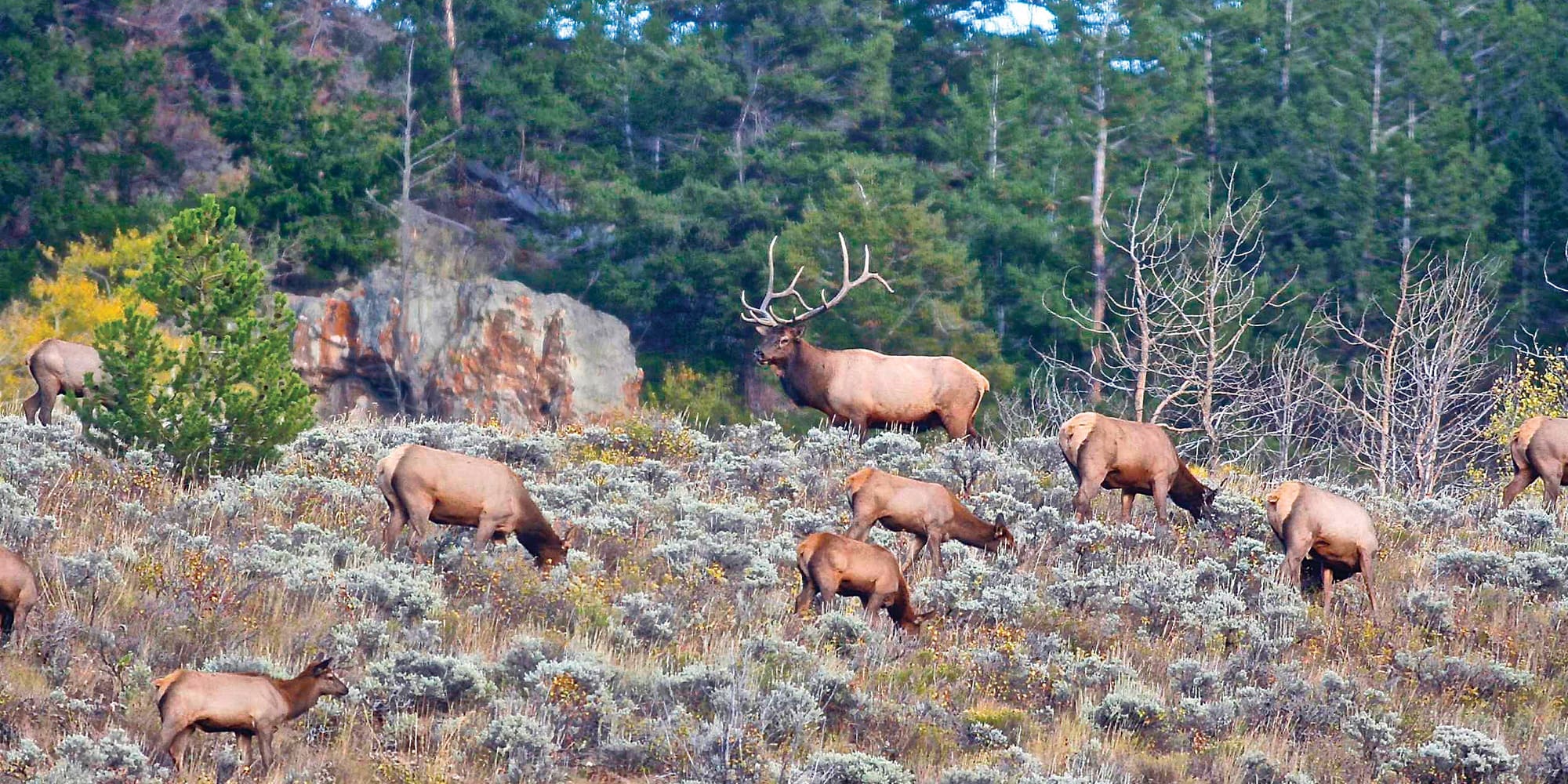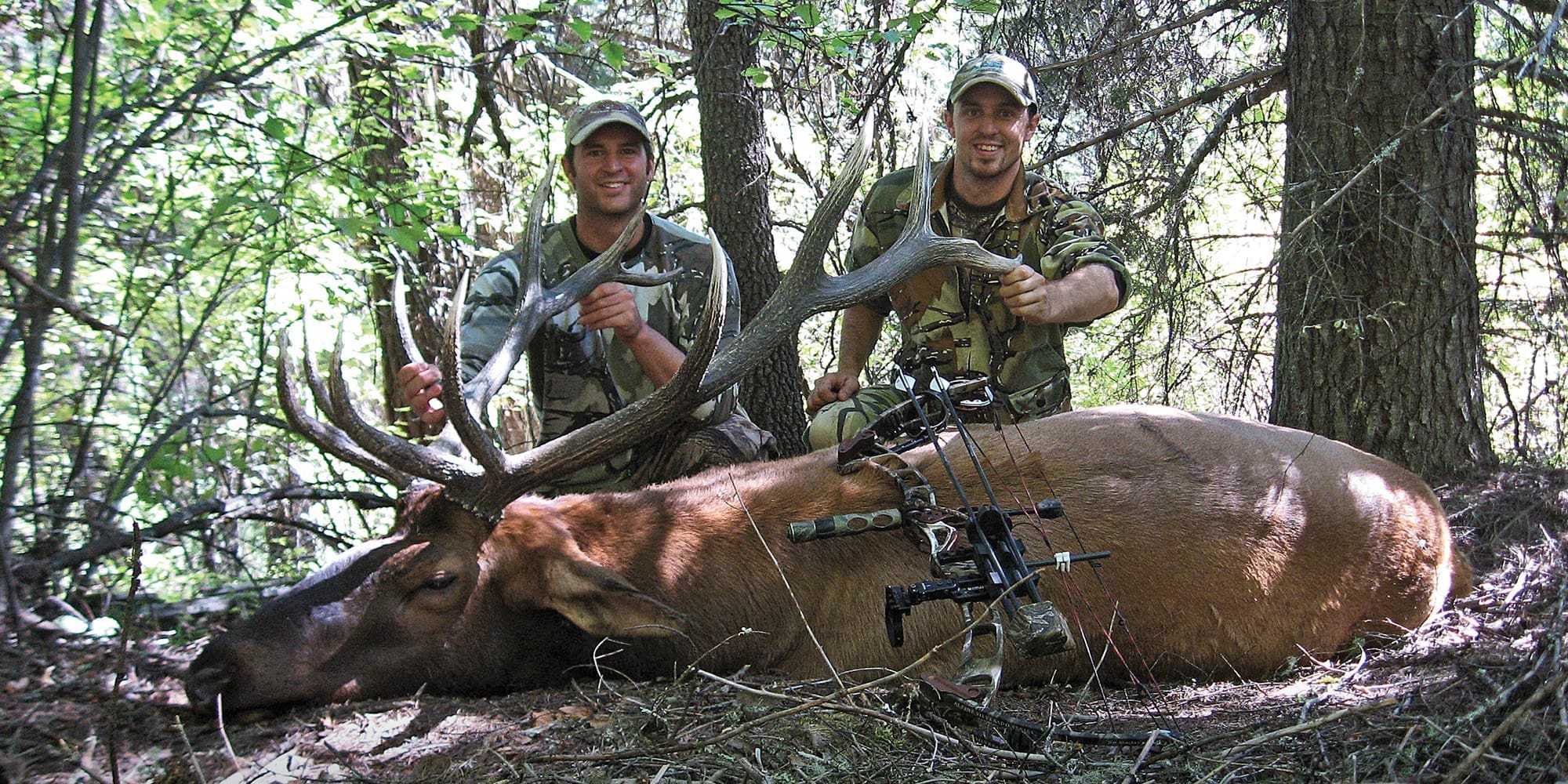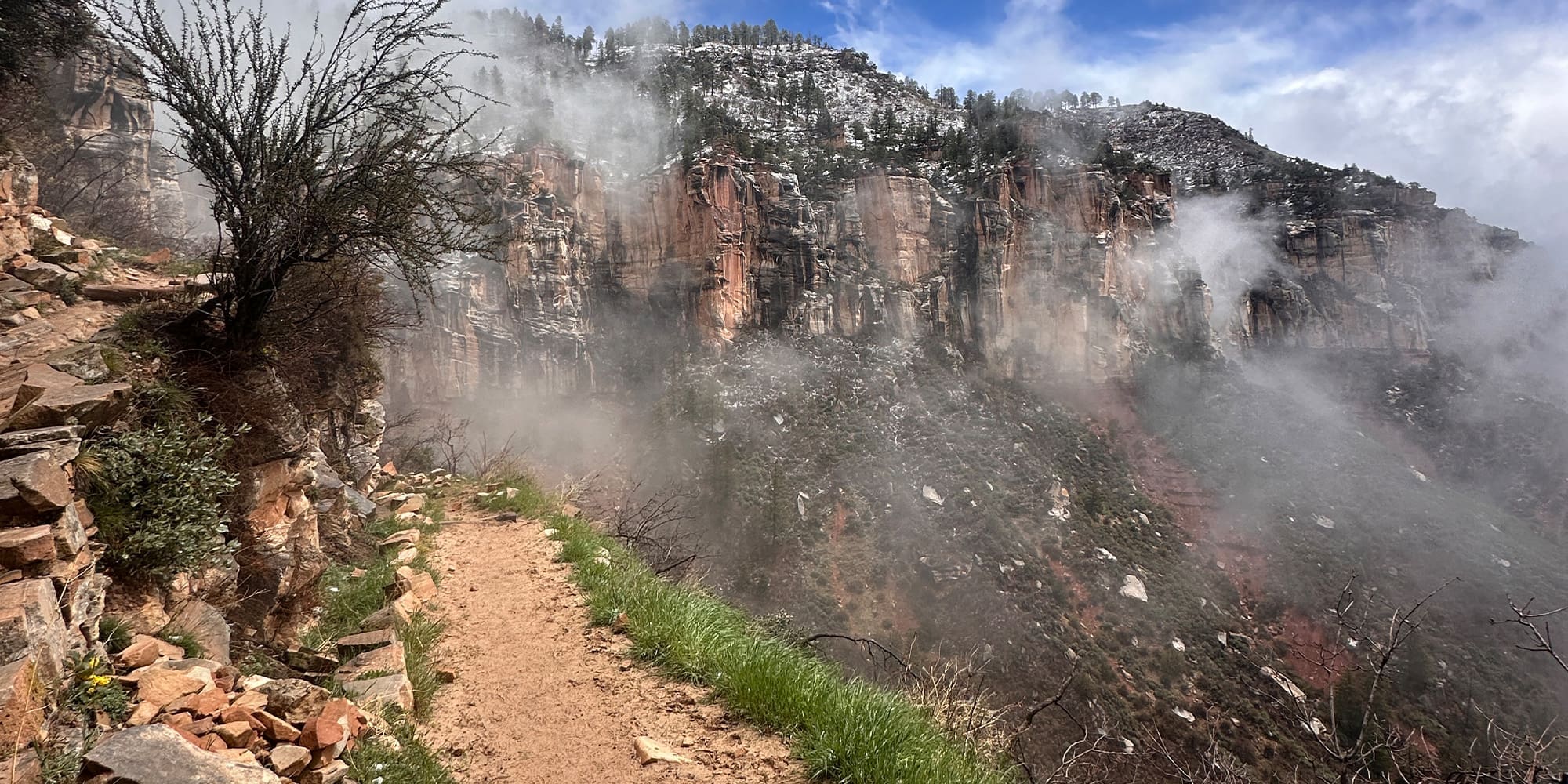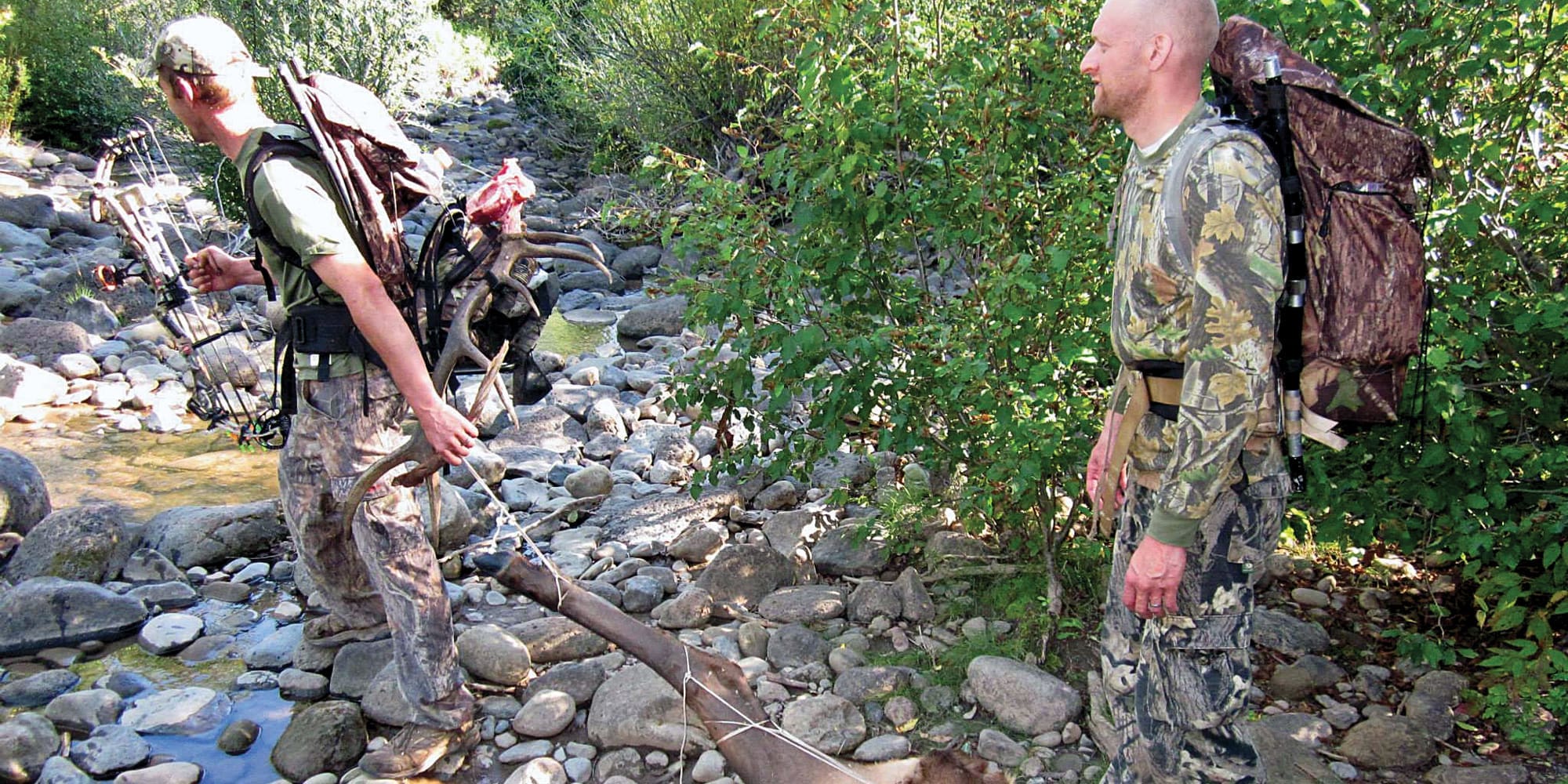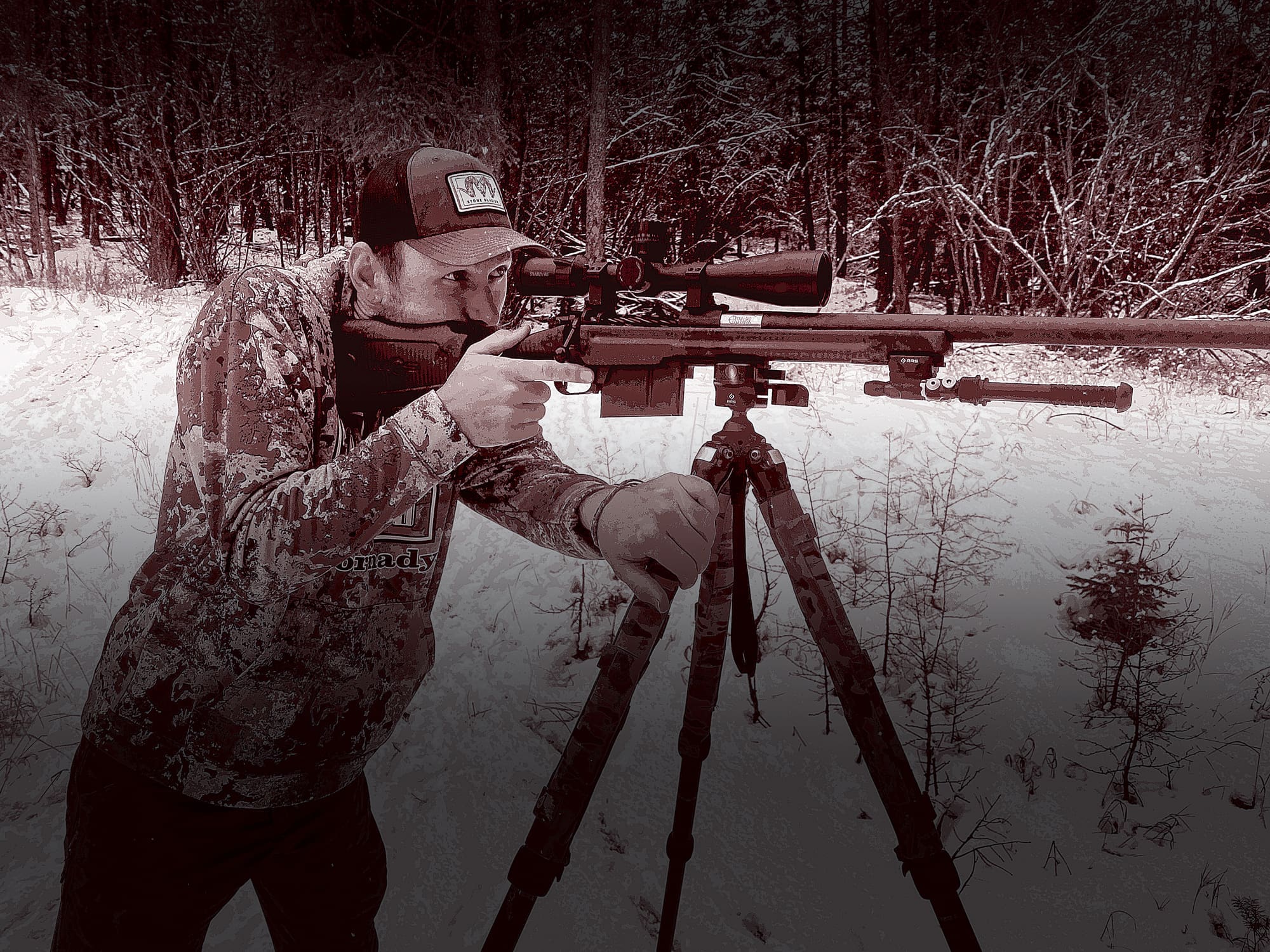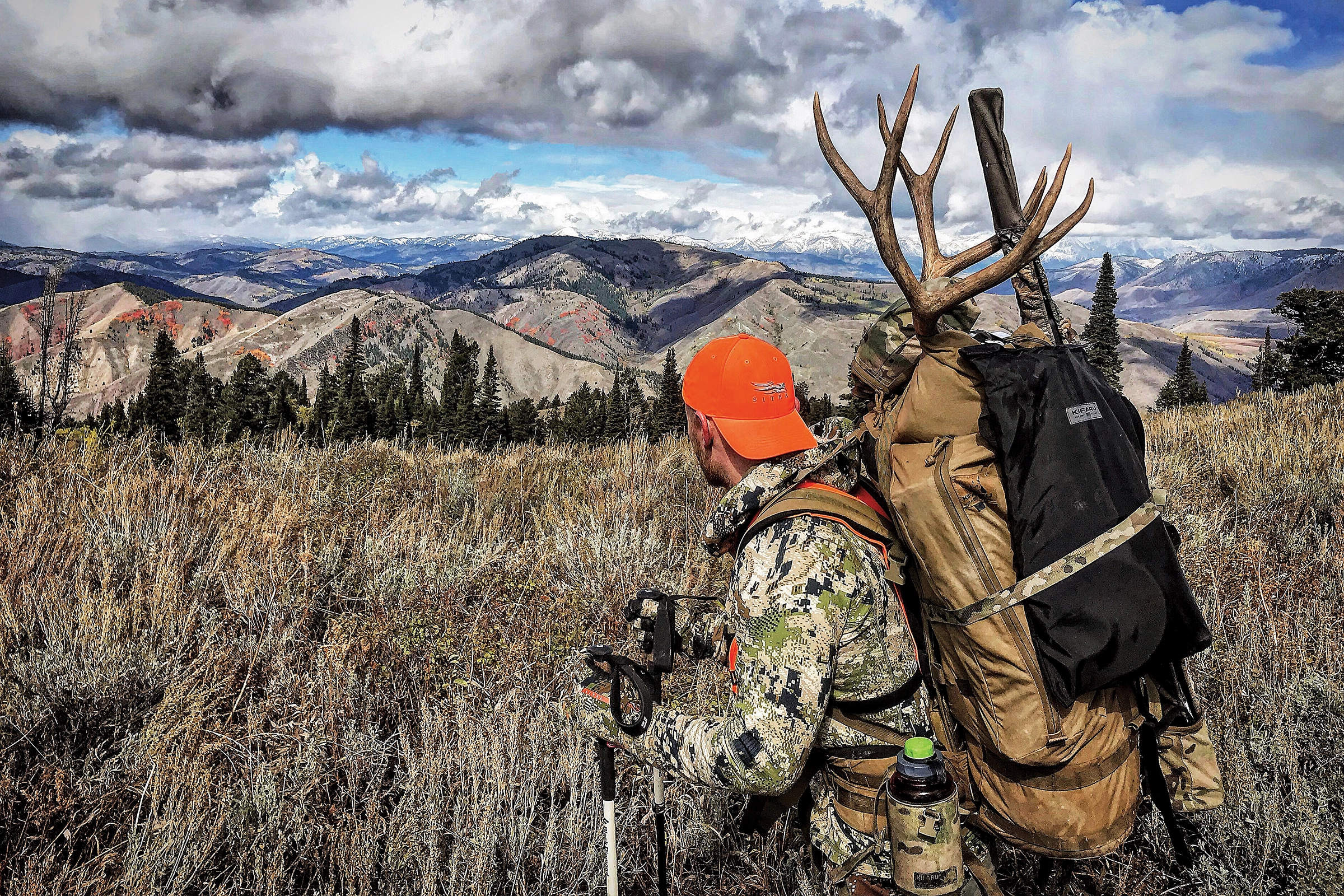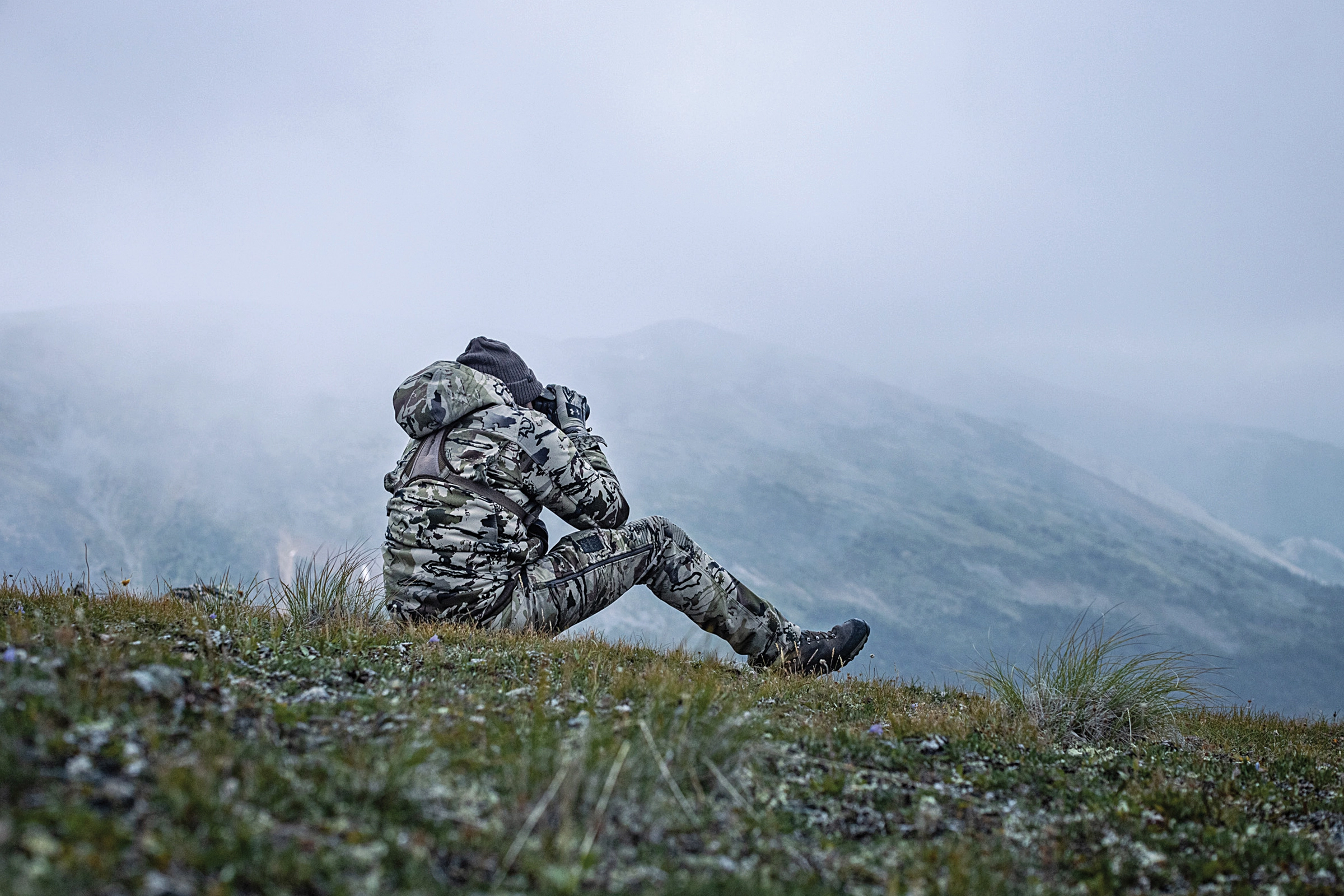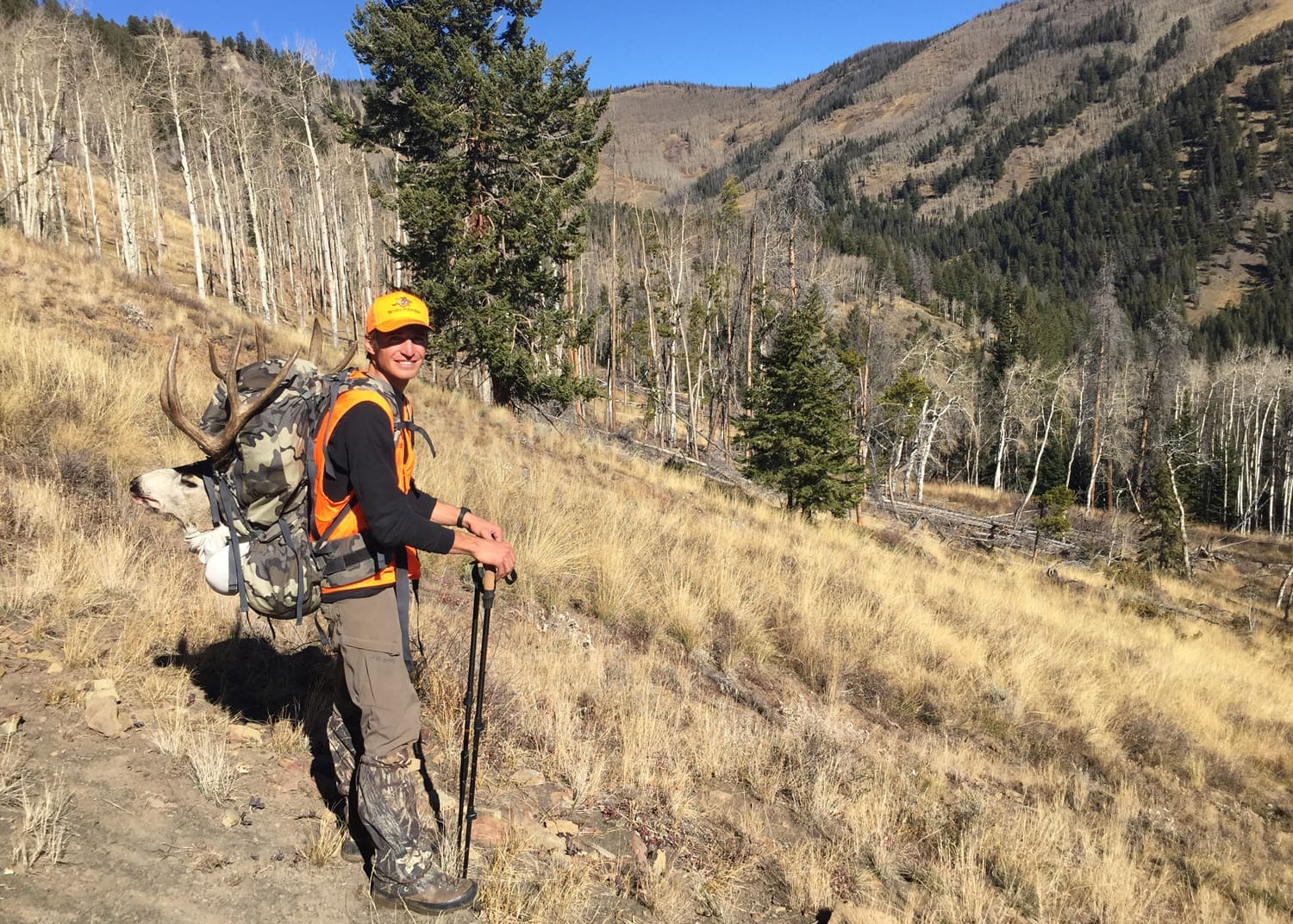
NOTICE: Certain links on this post may earn a commission for Western Hunter Magazine from Amazon or our other affiliate partners when you make a purchase. Thank you for your support.
How Prepared Are You?
With backcountry hunting becoming more popular these days, there is a great percentage of hunters out there that are truly not prepared for the journey that lies ahead of them. Without first-hand experience, it is hard to know how prepared you actually are. A great technique I have learned throughout my life is to think of every project you plan on doing, no matter the task at hand, and always strategize a plan that sets you up to execute your main goal. Preparing for a backcountry adventure is no different. Since my first backpacking trip years ago, I have learned that these five strategies help me reach my goal of having a successful and fun backcountry hunt.
1. Physical Fitness
Before committing to a backcountry hunt, you need to ask yourself if you are physically ready for it. You can’t assume your body is ready; you need to KNOW it’s ready. By assuming, you can put yourself and others in harm’s way. It would be a very expensive emergency medical bill to be flown out 10 miles because you were simply out of shape! Take the time to prepare your body. A couple of hours a week hitting the stair climber or taking 30-minute walks is really all the exercise your body needs to stay active and fit. Understanding how your body reacts to different types of situations is a big factor in your physical fitness.
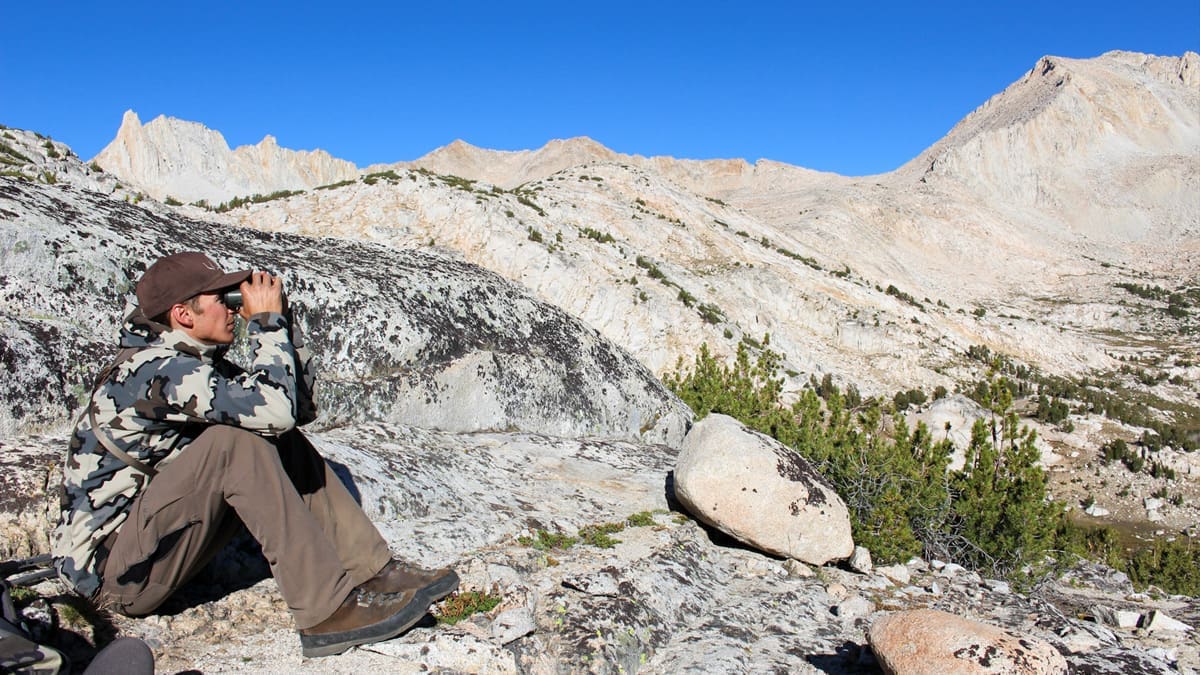
A few questions to ask yourself: Are you in shape enough to handle multiple tough miles daily? Can you carry extreme amounts of weight on your back? Can your body handle extreme elevation gain in high altitudes? Questions like these are where your physical fitness can play an important role. Know your body and its limitations. If you hesitate to answer any of these questions with a resounding “YES,” then you still have more work ahead of you.
2. Mental Preparation
When mentally preparing for an adventure, I have found it most beneficial to train like I was about to hit the trailhead. By doing this you can get a mental and physical image of what to expect. Training with the same weight you plan on taking will get you mentally ready and get your body acclimated for the long journey ahead. A key factor to consider while training with a weighted pack is not only training with the weight you plan on packing IN but also with the weight you plan on packing OUT!
Most people underestimate how heavy meat can be. Adding another 60+ lb to your already 50-60-lb pack can be excruciating if one hasn’t prepared for it. Most people really don’t know what a 100-120 lb pack feels like, so it wouldn’t be a bad idea to get a couple of workouts in with it to see how your body reacts. With that kind of weight in mind, you might think twice about killing a bull elk in a tough-to-pack-out location. It would be silly if your first time carrying that weight was in a real-life situation and you came to find out it was too heavy.
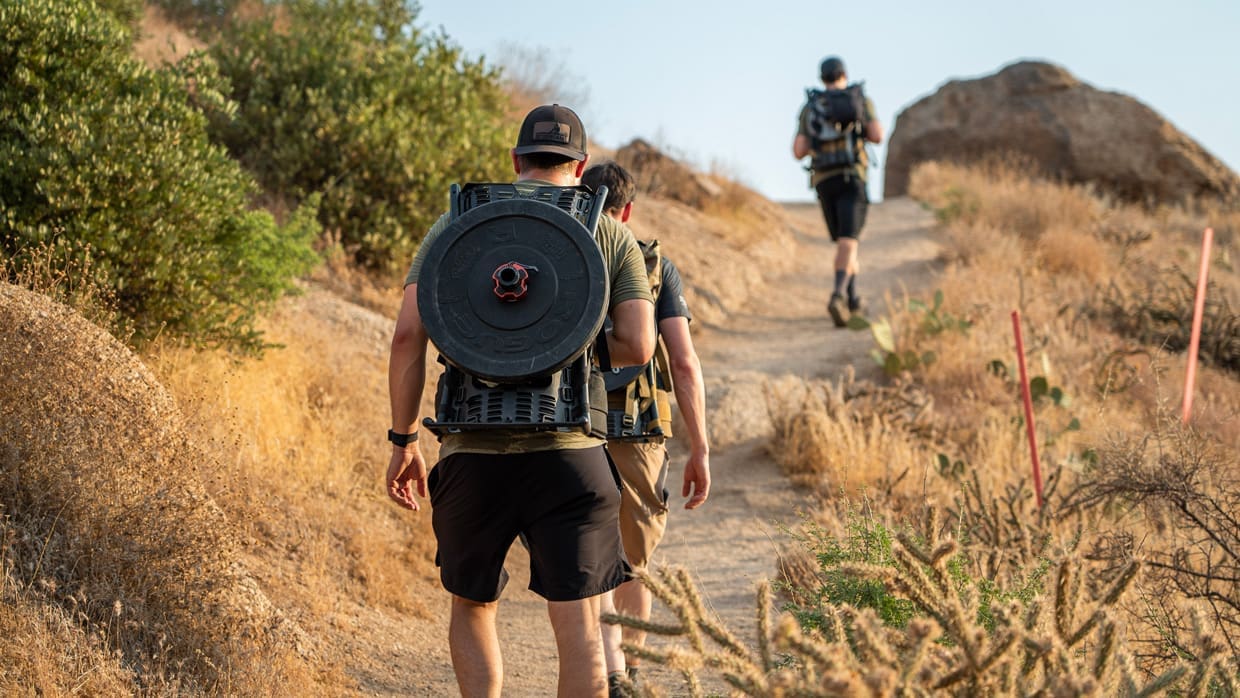
A great way to practice your weighed pack training is with the Outdoorsmans Atlas Trainer Frame System. If you own one of their packs, or even if you don’t, this training is a must. It will help you get to where you need to be.
3. Staying Ahead
A great way to stay ahead is to plan on taking several overnight trips in the months leading up to your hunt. By doing this, you can be ahead of the game in several ways. First, you can see where you are weak with your physical fitness. If you are having a hard time, you know you still have some work to do. Maybe add another workout to your schedule to get you where you need to be. Second, you can see what gear you may or may not actually need in your pack. Getting rid of unnecessary items will help you drop some weight. Third, if you plan on hunting above the timberline and you have never hunted at that elevation before, it would be a great idea to make a trip or two to see how you react.
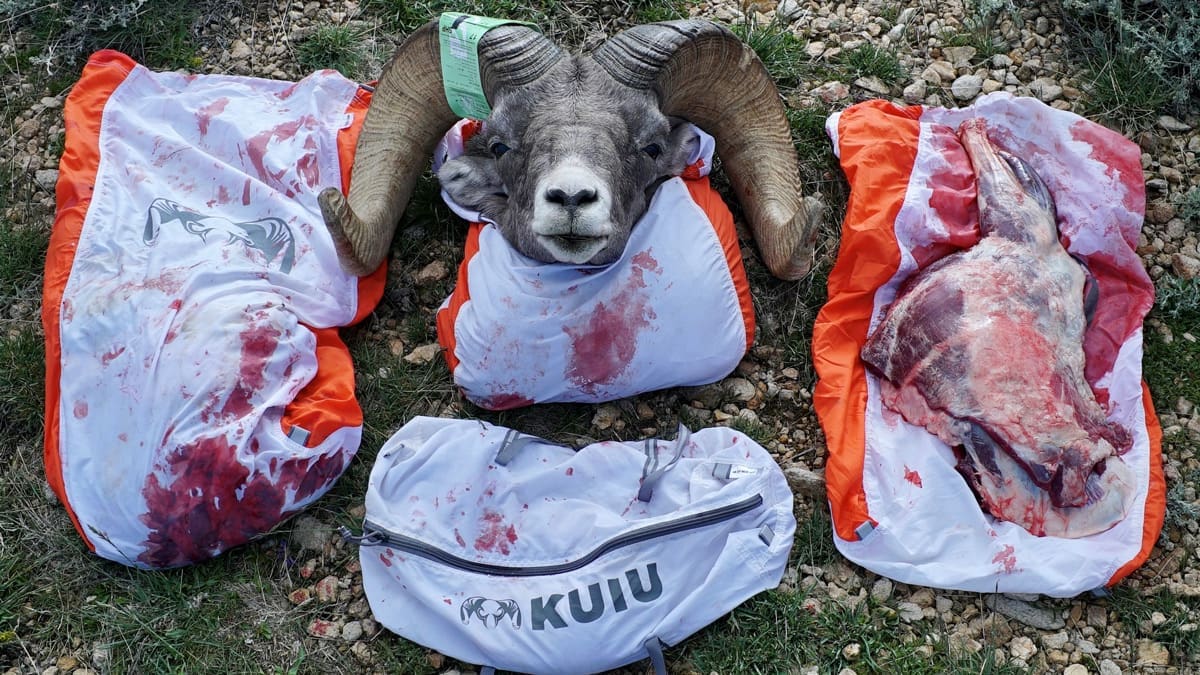
Knowing whether your body can handle those high elevations will save time and allow more opportunities to find the trophy you are searching for. Going in blind is never a good idea, especially for your first time. Altitude sickness is no joke and can put your life in danger. By staying ahead and taking these overnight trips, you will be ahead before even starting!
4. The Right Gear for Your Adventure
With today’s innovations, gear is getting lighter and better. It may cost a little more, but shedding the extra weight can be well worth the extra money. A good lightweight pack, pair of boots, and lightweight necessities can make all the difference on your hunt. It has taken me years to figure what is comfortable for me, but by doing your research you can get a good start on some good high-quality gear.
If you have the opportunity to touch and feel this gear before buying, do it. The options available today are endless, but sometimes lightweight may not work for a backcountry hunt due to durability. Always make sure it’s the right gear for you, not just the lightest option.
5. Emergency Action Plan
Imagine walking up a steep rocky ridge when suddenly, a rock slips out from underneath you and you go tumbling down several feet. When you finally stop you notice your ankle is no longer facing forward. What do you do?
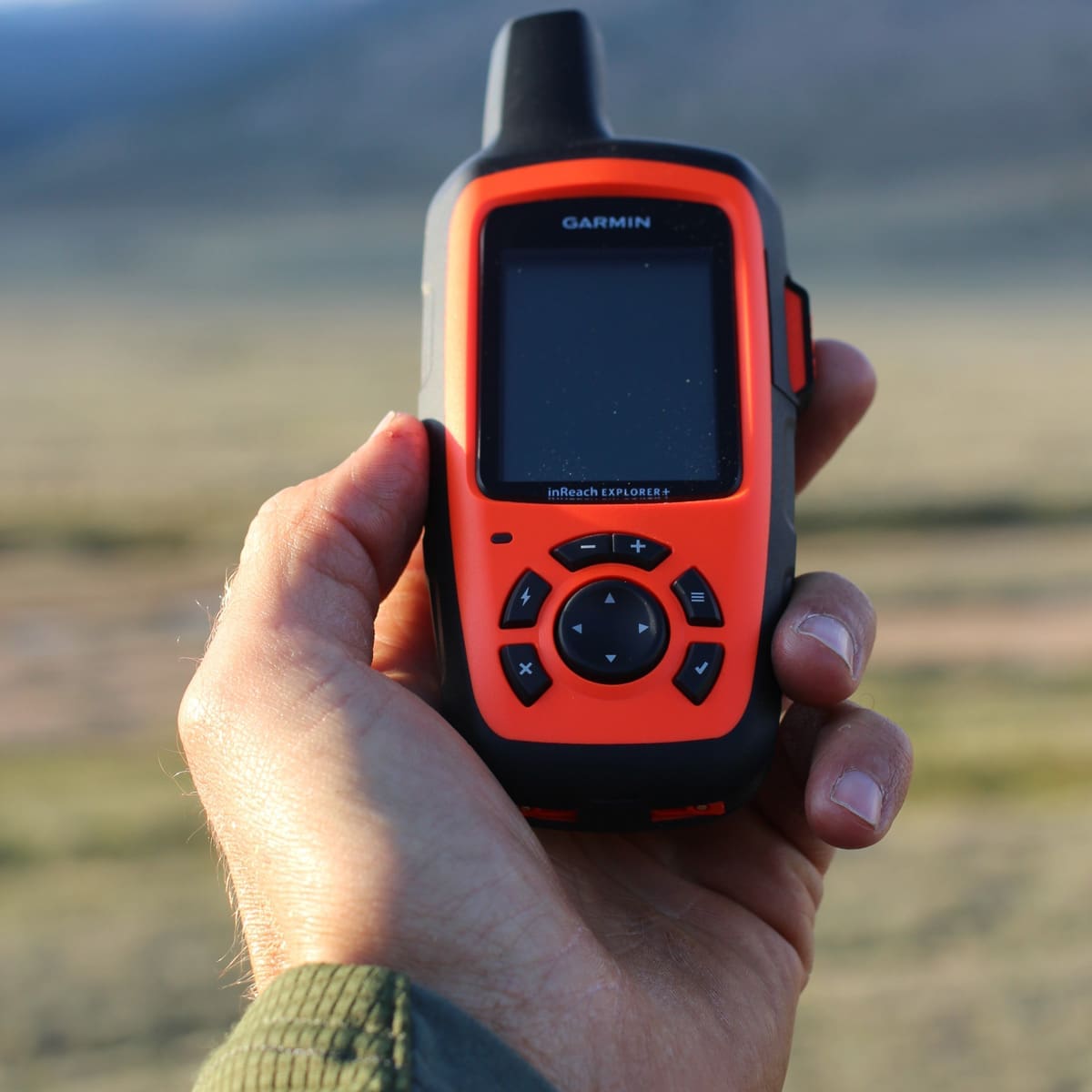
A story like this always crosses my mind while out in the mountains – the “what if” scenarios. With today’s advancements in GPS communications, there is no reason not to be carrying some sort of communication device. For the last three years, I have used the Garmin In-reach Explorer on my hunts. It allows you to send text messages, use GPS maps, and check the local weather updates. It would be safe to say it is a must-have piece of gear.
Another great source to rely on is a detailed physical map of the area you will be hunting. Make sure it has landmarks and water locations just in case you were to get lost. I would recommend always keeping a detailed map with you. That way if your electronic equipment loses battery life, you have a reliable alternate source to fall back on.
Conclusion
I have learned over the years that you will never be 100% ready, but if you prioritize your physical and mental preparation, have the right gear, and prepare for the unexpected, you can achieve your goal of having a successful and fun backcountry trip.
There are many ways to get yourself prepared for a backcountry hunt, but these are just a few important topics that have helped me along the way and should hopefully help you.


